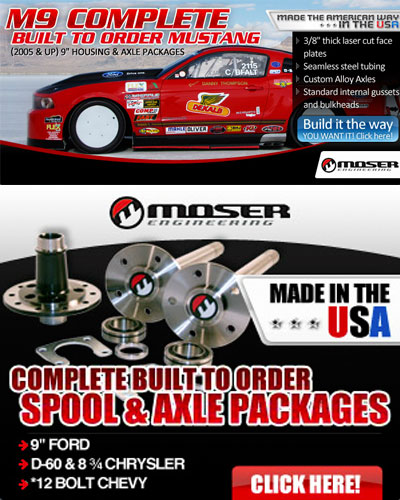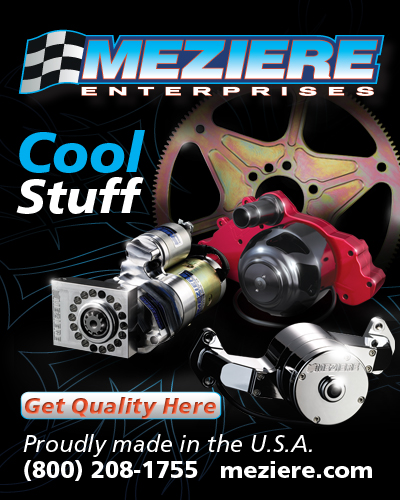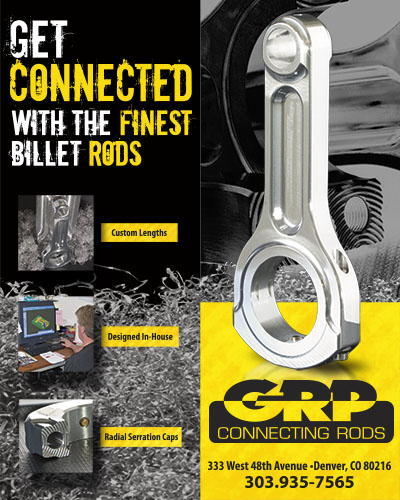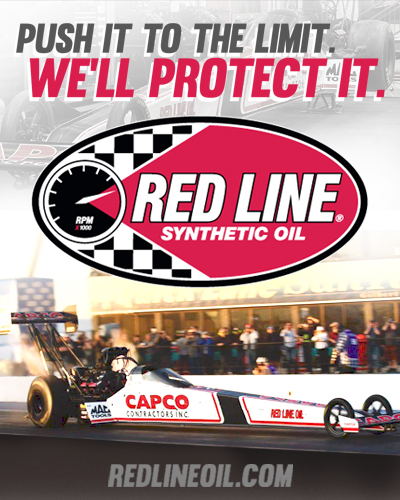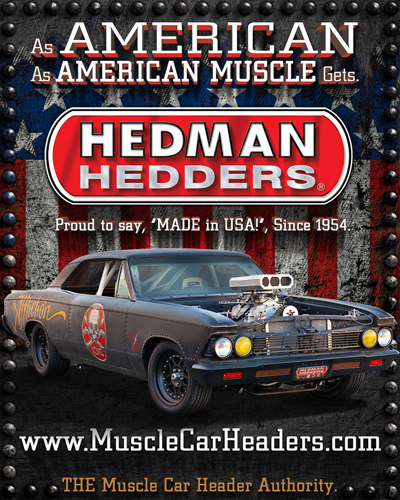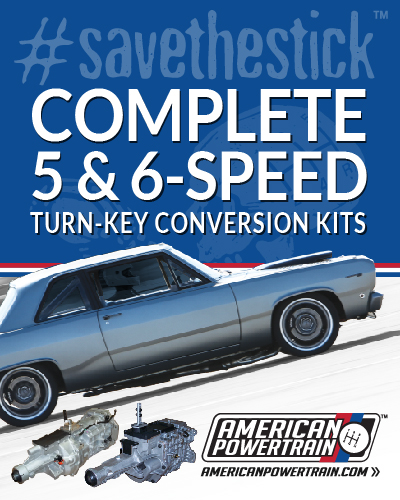JERRY SAVOIE’S WILD KINGDOM AWAY FROM NHRA

A bad move on either will leave a mark.
"Reflexes are the key," Savoie declares, in his subtle Cajun drawl. "Catching alligators is a project to where you have to have reaction, you have to focus and riding a bike is the same thing. You have to focus and get it down the track, hit your shift points and on a Suzuki 100RPM difference makes all the difference in the world.
"I had a friend of mine ask me the other day about a little project we had going on because e a lot of his guys were getting bit last week. One wrong move and you get bit. I would say probably five out of 100 times someone gets bit you’ve got to go to the hospital, but it does happen.
"Alligators are very interesting, and it’s all got to do with hand and eye coordination and reaction. It’s nothing spooky."
To hear Savoie say it, there's also nothing spooky about tucking down behind the small fairing on a motorcycle as he covers the quarter-mile of a drag strip at 6.7-seconds.
The 59-year old Savoie sees it this way because he's straddled motorized two-wheelers since he was in the second grade. In fact, Savoie admitted, six weeks ago he took his first-ever trip down the drag strip on four wheels.
"We went testing in Brainerd [Minnesotas] about six weeks ago, I took [crew chief] Tim’s [Kulungian] BMW down the track," Savoie revealed. "That was the first time in my life I‘d ever been in an automobile going down the track. I’ve always been on a motorcycle. I just feel like when I get in a car, not taking anything away from car guys because you have to do your job, after about one or two passes it’s the same thing every time. But on a motorcycle, every pass is different. I’m not talking about Pro Stock cars or Top Fuel or anything; I’m talking about just in general, like sportsman racing.
"Bikes are a challenge every pass. The wind is different, the direction of the wind is different, the clutch is different, and so bikes are more of a challenge I feel. I could be wrong, and I don’t want to hurt anybody’s feelings, but those are just my thoughts."
Savoie's business, just like his drag racing, has garnered worldwide attention.
"We developed in the late 1980s, and I saw an opportunity to get involved in something not a lot of people were not [involved in]," Savoie explained. "It paid off, and now we have a customer base around the world like in Italy, Europe, also in Asia. I’ve been blessed. God has really blessed me in many, many ways so here we are."
Savoie raises and harvests alligators, with multiple end uses.
"The meat is sold, the skins are sold," Savoie said. "You have really high-end clients and products. Every piece of an alligator, every part is used. Absolutely nothing is wasted. And the real kicker is if you don’t have a harvest in Louisiana, they get overpopulated, and then you start having human deaths and animal deaths.
"We have a sustainable use program in which of the eggs we harvest; we return 12 percent at 4-feet long to the wild. So it keeps the population growing, and it stabilizes the balance."
Just like riding a motorcycle, learning how to deal with alligator comes with natural training.
"People can tell you what to do, but you learn on your own, put one foot in front of the other," Savoie said. "It’s just like anything else. Why some mechanics are good, some mechanics just barely get by, and some people can’t mechanically work on anything at all. Alligators are the same way. You look at alligators in a hothouse, and you can tell right away if one of them is sick. You can just feel things."
With the right tuner, Savoie points out the Pro Stock Motorcycle can be tamed. With the right training, so can an alligator.
"One time I ran into a guy in a van, and he opened up his van, and he had these two 6-foot alligators in it," Savoie said, with a laugh. "He named them. They crawled out, and he had them on a leash. He walked them around the parking lot, and he gave them a little treat. He said 'load up,' and both of them jumped in the van. He shook my hand and drove off.
"That was the weirdest thing I’ve ever seen, but sure, they’re just like dogs and anything else. You can tame them."
Ask Savoie, and he will tell you his bike is as tame as they come, even in aggression.
Credit his crew chief Tim Kulungian, the man with whom Savoie swears can walk on water.
"My bike rides very smooth," Savoie confirmed. "That’s the first thing [teammate] L.E. Tonglet said when he rode my new bike. He said, 'this bike is really, really smooth.”
"It all contributes to chassis setup and crew chief. The way Tim runs his setups, if you notice, is not really aggressive."
Headed into this weekend's NHRA Lucas Oil Southern Nationals, Savoie brings into Atlanta Dragway, an undefeated record in qualifying, No. 1 at the first two events of 2017.
For one of the more humble riders on tour, Savoie finds himself in awe of the accomplishments, most notably six career wins in 16 final rounds.
As a seven-year-old motorcycle novice, Savoie couldn't envision himself as the best NHRA motorcycle racer in the world, and until the end of the season, he stands ranked as No. 1.
"When I was a young boy I used to race on the streets and then the first time I was on the track I was on a Harley Davidson 1000 Sportster at 14-years-old," Savoie said.
"It was just a dream when I watched Terry Vance, Vicky Farr, and others. Terry Vance was a really big idol of mine. I was running smaller classes and then got married and didn’t have any money, so I completely dropped out of drag racing for 32 years. I barely even went to the track. But every Sunday it would eat at me.
"I don’t think I’m the best; I think I’m just average."
The scars on his body and his racing resume would beg to differ.

























